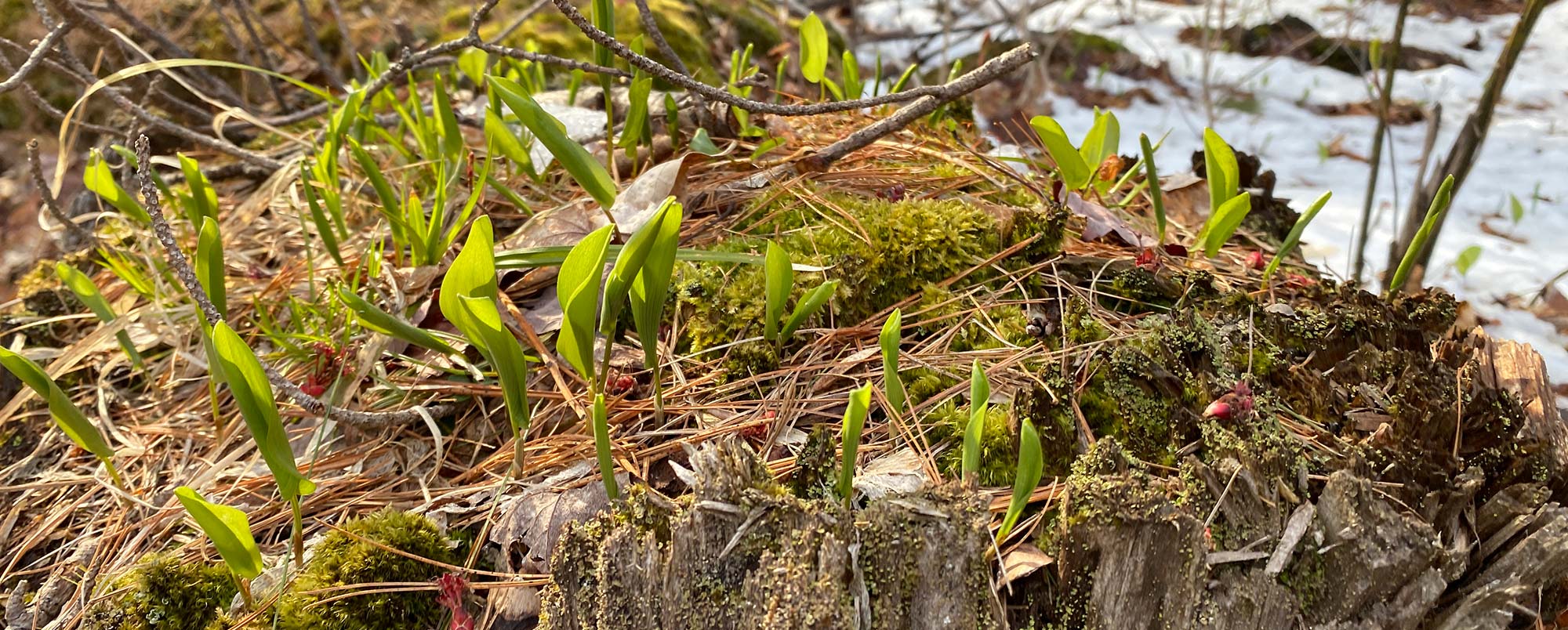I grew up in a rural Vermont town, the son of a forester and a public school teacher. The Vermont part’s not important, but the rural part is. Stories around the Thanksgiving dinner table, then and now, involve tracking buck deer across boreal summits, the price of sawlogs, the 2,500-tap maple sugaring operation that the family still runs together.
While I’m deeply appreciative of my country roots, life was not all sawdust and shell casings. The 1980s rural I grew up in was not 1940s rural, which is to say that the oneroom school houses had long ago been converted into antique shops. The community that raised me was peopled by salt-of-the-earth dairy farmers and loggers, sure, but also shopkeepers and ne’er-do-wells and mill workers and poets – basically, the whole human gamut. The history books tell me that if there was ever a unified ethos around these parts it was upset by the mass exodus in the 1860s, then again by the post-war boom years, then again by the waves of transplants that filtered into the area in the 1960s and 1970s. These latter-day transplants included my own parents: one’s roots stretch south to the black dirt onion fields of the mid-Hudson valley; the other’s just a generation removed from County Longford, Ireland.
This complicated version of rural culture and rural people can stand in sharp contrast to the homogenized version that appears in some glossy magazines, where country life is portrayed as a Disneyland diorama full of rosy-cheeked automatons going about their cheerful quaintness. I get touchy when things get too cute, also when things get jingoistic or overly dogmatic – when one group claims the mantle of truth when it comes to environmental/conservation/land use issues. I suspect that many Northern Woodlands readers feel the same way.
In every issue of this magazine, we try to present the Northern Forest in all of its complexity. The ecologically complex part is easy, as nature is just a blue whale of a muse. My very favorite stories are the ones that illuminate interesting animal and plant behaviors: in this issue, you’ll learn how bears climb trees; how some butterflies taste with their feet; that clubmosses date back to the dinosaurs.
But we also try to highlight the social complexity of our region and our readership; in the end, this is probably our most important subject. In this issue, writer Kristen Fountain introduces us to a program in Maine where foresters are working with real estate agents to educate landowners about the implications of their forest management decisions; founding editor Steve Long explores ways that forestland can generate passive income to help pay the tax bill; columnist Bob Kimber takes us on a serpentine journey to a “lost” trout pond. Our stories are written for rural people from all walks of life, real estate agents and fishermen, hikers and landowners, artists and sawyers. The point here is to highlight the fact that rural people and culture are not separate from nature; rather, they’re a part of it. The goal is to celebrate Rural 2010 and a working landscape that’s expansive enough to provide jobs, recreation, and respite.
Not everyone gets this. When I tell urban people that I work for a forestry/nature magazine, they often hear either forestry or nature. Through this simple lens, we’re either a mouthpiece for the timber industry or the Lorax. If I’m pushed to clarify, I’ll say something about how we’re a non-profit trying to preserve “rural,” that we’re big fans of both songbirds and loggers.
This rarely clarifies anything; in fact, it’s often followed by the lemony look one usually reserves for politicians.
While these nuances can be impossible to get across on the spot, I’m comforted by the fact that I have this magazine; that we have this magazine – all 15,000 of us. The notion of environmentalism without enemies can be exasperatingly hard to explain to a stranger. It’s far easier to just hand out a copy of Northern Woodlands and say: Here. See.

